Gentle reader,
When you watch a great Los Angeles movie like Chinatown—one that riffs on the city’s real history and amplifies, twists and telescopes characters and motivations that developed over decades into a breezy evening’s entertainment—you might make the mistake of thinking that just because Robert Towne (R.I.P.) and his collaborators made it look easy, it was.
After the drubbing his auteur debut Poolman took at the 2023 Toronto International Film Festival (TIFF), director-writer-actor Chris Pine knows otherwise.
Watching Poolman isn’t easy, either, but we didn’t really have a choice. We strongly suspect that the film was inspired by Pine and his production buddies goofing on our passion for Los Angeles, and we needed to see it for ourselves.
Here’s the timeline of why we think so:
In March 2018, as the co-hosts of The Real Black Dahlia (this Saturday’s tour!), we were hired to provide historical context on Beth Short’s 1947 murder and Lloyd Wright's spooky-looking Sowden House for the series I Am The Night, starring Chris Pine.
We both gave long on-site interviews, portions of which were included in TNT's ancillary material for the show, and were our usual eccentric preservationist public policy geek selves. Also, Kim made the producer who interviewed her cry by conjuring up all the real life tragedy in that house that has nothing to do with the Black Dahlia rumors. A scrap of that footage survives in the video below.
In April 2022, an entertainment industry pal sent us the script for the yet unproduced Poolman. On reading it, we immediately determined that the title character was based on Zuma Dogg (aka David Elliott / Saltsburg), a homeless Venice street performer who got angry when the city cracked down on boardwalk free speech and brought his manic act to City Hall as a performative protest.
There’s even a Zumalogue in which ZD calls himself "Zuma Brockovich," referencing the activist with which Pine's Darren Barrenman character is obsessed. We recognized Zuma’s persona from the script, but it's even more obvious when you see Pine in character.
Zuma ran for Mayor a couple of times on an anti-corruption platform that in retrospect seems more prescient than anything the Los Angeles Times has published in years.
His words ring so true because behind this clownish character was a serious person who had great sources inside City Hall, bureaucrats who saw the spread of corruption in luxury developer handouts, inept crony-run nonprofits and patronage commission appointments, but were too cowardly to speak out and risk their cushy jobs and pensions.
They used Zuma, weaponizing his obsessive personality, love of the spotlight and certainty that if Angelenos just heard the truth, they’d demand real leadership from City Hall.
Eventually, Zuma and his friend Matt Dowd sued the city, got awarded a couple of bucks, and faded out. But thanks to the city’s own Channel 35 video documentation of City Council meetings, and those bygone meetings being hosted in perpetuity on YouTube, there’s a whole lot of Zuma available to consume today.
But Saltsburg wasn’t the only local comedian who took on a bedraggled lunatic persona to channel the gripes of anonymous civil servants speaking truth to power inside Los Angeles City Hall.
John Walsh did it first, and he was more effective because his primary beef wasn’t personal—Zuma was called to action by suppression of his and his friends’ free speech and commerce rights—but by fear that his beloved Hollywood neighborhood of low-income working people and retirees, bookstores and other independent businesses, was going to be erased by subway-driven gentrification.
Back to Poolman. When we read the script, we thought Darren Barrenman’s sidekick character Wayne might be named for Wayne Spindler, who is still an active City Hall gadfly known as "Goat Puppet" for his profane and sometimes racist hand-puppet schtick. He needled council president Herb Wesson for years, has a cameo in our recent video from the Marilyn Monroe house landmarking vote, and would probably hate to be portrayed as an undercover FBI agent.
The movie went into pre-production, an independent project with stars attached. In June 2022, we got an email from a production staffer: "Good morning, I am writing from an independent film for Chris Pine who is writer, director, and lead actor. This is his passion project that he has been trying to make for a few years which is a sort of love letter to Los Angeles… Our production designer [subscribes] to your emails and notices some amazing photographs in the pages and wanted to know if we could use any as background set dressing in our main character Darren's home? Apologies we are on a tight turnaround so I would love to speak to someone today if at all possible!"
Those photographs were our pandemic project, hashtagged #esotouricroadtrip. Since we weren’t leading tours and couldn’t fly out to some middle American airport hub, rent a car and explore the blue highways, we set out to document historic resources on less traveled avenues around Los Angeles.
If a movie star wanted to license a few of our photos for set dressing, that was jake with us. We called the person back, and she said what they really wanted to tack on Barrenman’s wall was an Esotouric tour flier. We countered that we’d like to see the script and discuss compensation for use of our IP, and never heard from her again.
In September 2023, when Poolman premiered at TIFF, critic Rendy Jones walked out and tweeted the origins of the project: that it had started as a joke on the set of Wonder Woman 1984. This was the film that Chris Pine and Patty Jenkins started working on immediately after making I Am the Night.
So yeah, it seems as if things we said on tape at Sowden House ended up sending an amused Pine and Jenkins down a Los Angeles civic activist rabbit hole, popping out a few years later to some of the worst reviews in motion picture history.
If you do watch Poolman, consider this: the title character is a mess. He’s dirty and hairy and suffers from compulsions, anxiety and delusions. If you saw him on the street, you’d clutch your bag and hold your breath.
But Pine’s character is protected, even when being chased by hired killers and menaced by developers, because he’s got stable housing and a tight core of people who love, accept and understand him.
One arc of the storyline has him connecting deeply with the City Council president, sharing their mutual vulnerabilities and a hug.
And this is balderdash—dangerous, wrongheaded piffle. The brave people who speak out against corruption in Los Angeles City Hall do so because the pro-development, anti-tenant policies pushed by elected officials are literally deadly to people they love.
You can’t hug it out.
In the real Los Angeles as opposed to Poolman’s goofy, half-baked fiction, vulnerable underemployed weirdos like Darren Barrenman don’t get bailed out after assaulting City Hall security guards. And they don’t live comfortably in vintage motorhomes parked next to apartment house swimming pools. They get pushed into homelessness, prison or the morgue.
But along the way, they can make a difference. John Walsh sure did. You can read about what he accomplished in a lost 1998 New Times feature that we posted to Archive.org in his honor.
Like Zuma Dogg, John’s beef eventually got very personal. When he died in 2019, he was facing eviction from his longtime rent controlled apartment at the corner of Yucca and Argyle. The whole block of garden court buildings had been purchased by developers who were paying councilmember Curren Price’s wife Del Richardson to get tenants out with lowball cash for keys offers.
This quasi legal practice, and Price’s refusal to recuse himself on votes about projects from which Richardson profits, are subject of an ongoing public corruption investigation. It’s deadly serious stuff. And while Los Angeles gadflies use humor in their storytelling to keep from going mad, we think it’s gross and wrong for rich Hollywood folks to take this difficult, important work, chew it up and spew out bad comedy.
This is not a review of Poolman. And it’s not really an apology, since we can’t control jaded people thinking it’s funny to care about Los Angeles and making fools of themselves in the process.
But we wish instead of mocking, they’d help. This city needs all the angels it can get, and if the rich and famous aren’t going to fight, they can still help. How? Buy an RSO bungalow court and don’t evict the long-term tenants. Do your holiday shopping at the Larry Edmunds Bookshop. Use your access to politicians to advocate for preservation. Ask people like us what to do for Angelenos.
We spent our lockdown taking beautiful photographs of the city we love. Chris Pine and his pals apparently spent theirs goofing on what it means to love Los Angeles so much that it keeps you up nights and consumes your life.
If you ask the critics, the latter was not a great use of anxious L.A. downtime. We concur. Those who occupy positions of power and influence ought to listen to and amplify the words of holy fools like Zuma Dogg—not exploit and mock them.
What a contrast with Robert Towne, always so generous when citing inspiration, sending Chinatown fans to the library to discover Raymond Chandler, John Fante and Carey McWilliams. He held up a mirror, and we saw a beautiful, hideous face we knew as our own, and it changed us.
Yours for Los Angeles,
Kim & Richard
Esotouric
Our work—leading tours and historic preservation and cultural landmark advocacy—is about building a bridge between Los Angeles' past and its future, and not allowing the corrupt, greedy, inept and misguided players who hold present power to destroy the city's soul and body. If you’d like to support our efforts to be the voice of places worth preserving, we have a tip jar and a subscriber edition of this newsletter, vintage Los Angeles webinars available to stream, in-person tours and a souvenir shop you can browse in. We’ve also got recommended reading bookshelves on Amazon and the Bookshop indie bookstore site. You can share this post to win subscriber perks. And did you know we offer private versions of our walking and bus tours for groups big or small? Or just share this link with other people who care.
UPCOMING BUS & WALKING TOURS
• The Real Black Dahlia (Sat. 7/6) • Angelino Heights & Carroll Avenue (Sat. 7/13) • Miracle Mile Marvels and Madness (Sun. 7/21) • Know Your Downtown L.A.: Tunnels To Towers To The Dutch Chocolate Shop (Sat. 7/27 - sorry, sold out) • Know Your Downtown L.A.: Tunnels To Towers To The Dutch Chocolate Shop (Sun. 7/28) • Evergreen Cemetery, 1877 (Sun. 8/4) • West Adams Sugar Hill and Angelus Rosedale Cemetery (Sat. 8/10) • Broadway: Downtown Los Angeles’ Beautiful, Magical Mess (Sun. 8/25) • Raymond Chandler’s Noir Downtown Los Angeles (Sat. 8/31)• Alvarado Terrace & South Bonnie Brae Tract (Sat. 9/7) • Highland Park Arroyo (Sat. 9/21) • The Real Black Dahlia (Sat. 9/29) • The Run: Gay Downtown L.A. History (Sun. 10/13) • Evergreen Cemetery, 1877 (Sun. 10/27) • Westlake Park Time Travel Trip (Sun. 11/3)

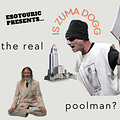


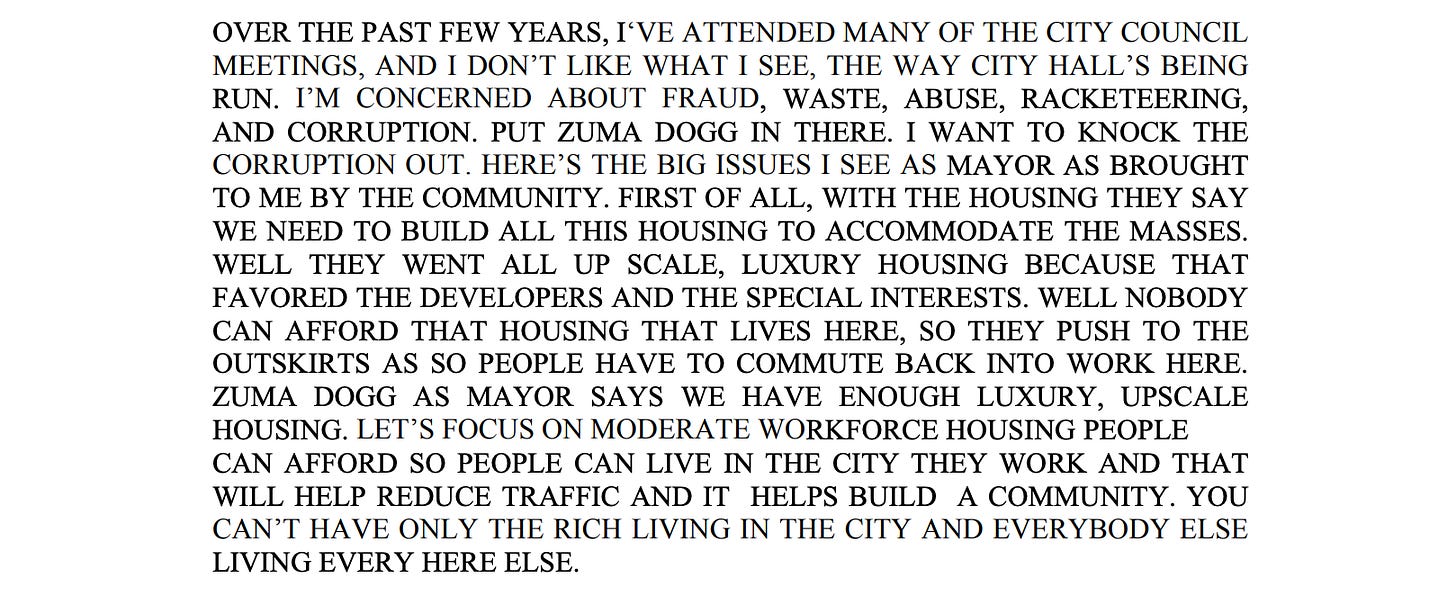
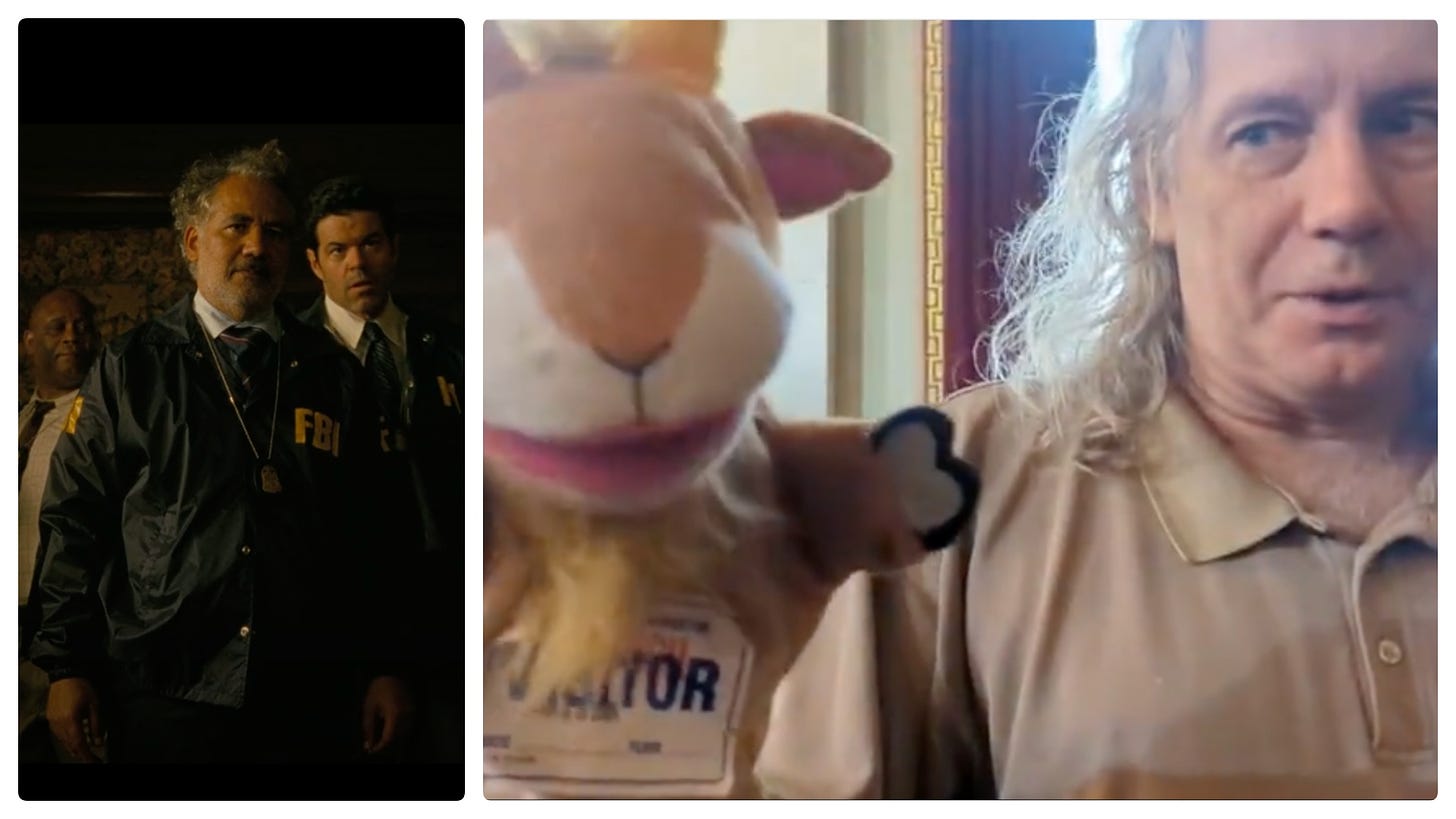
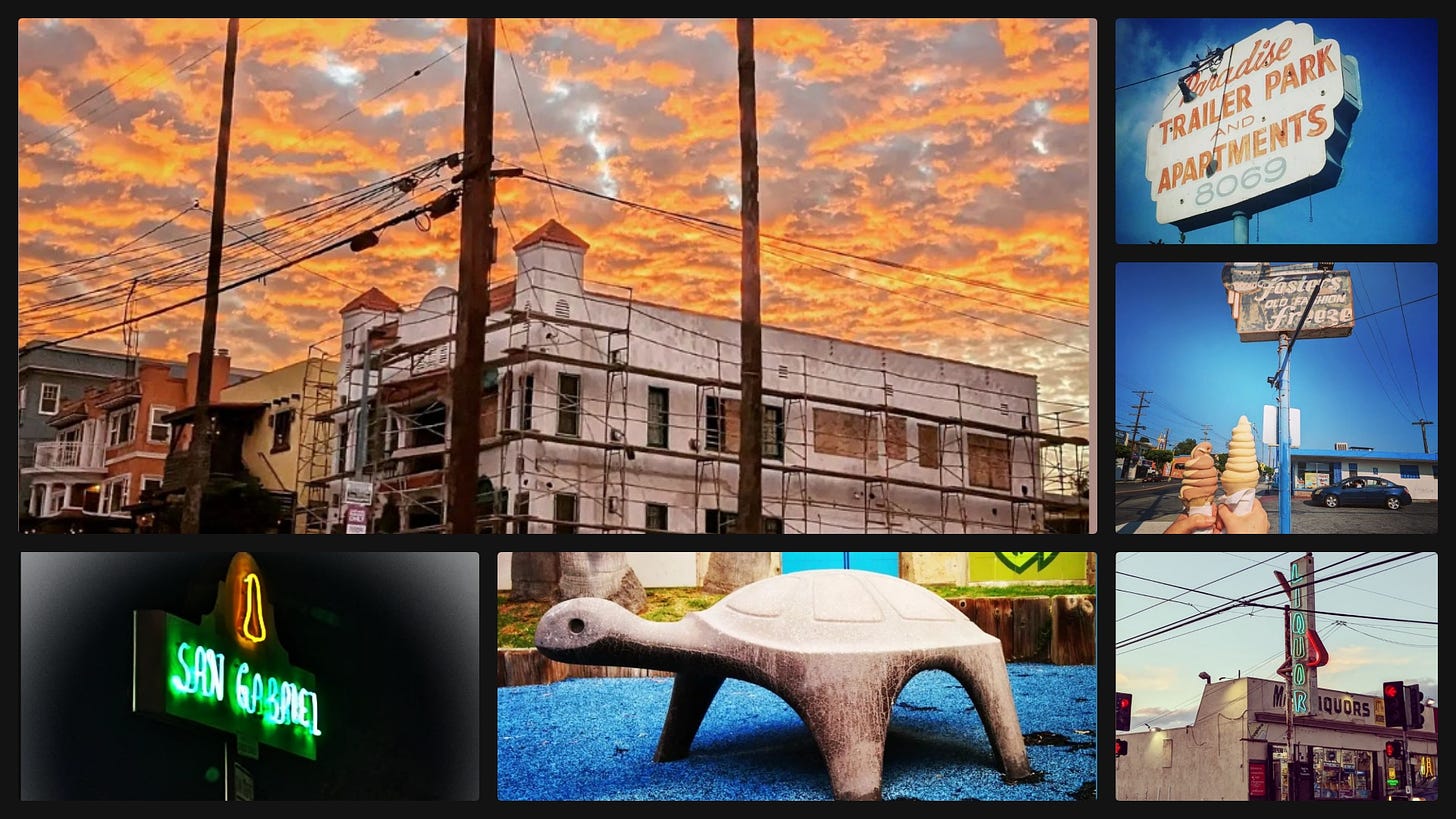
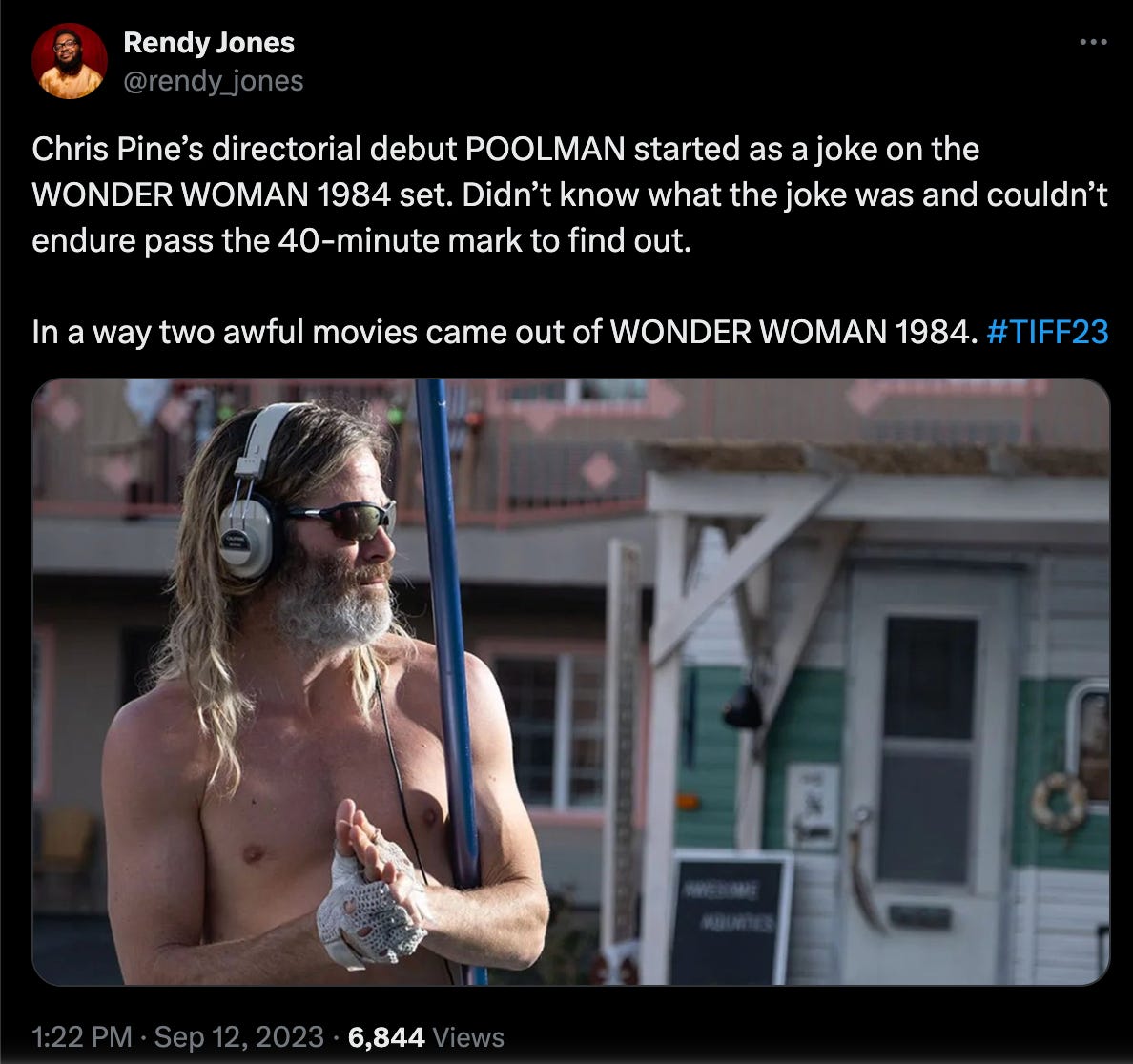
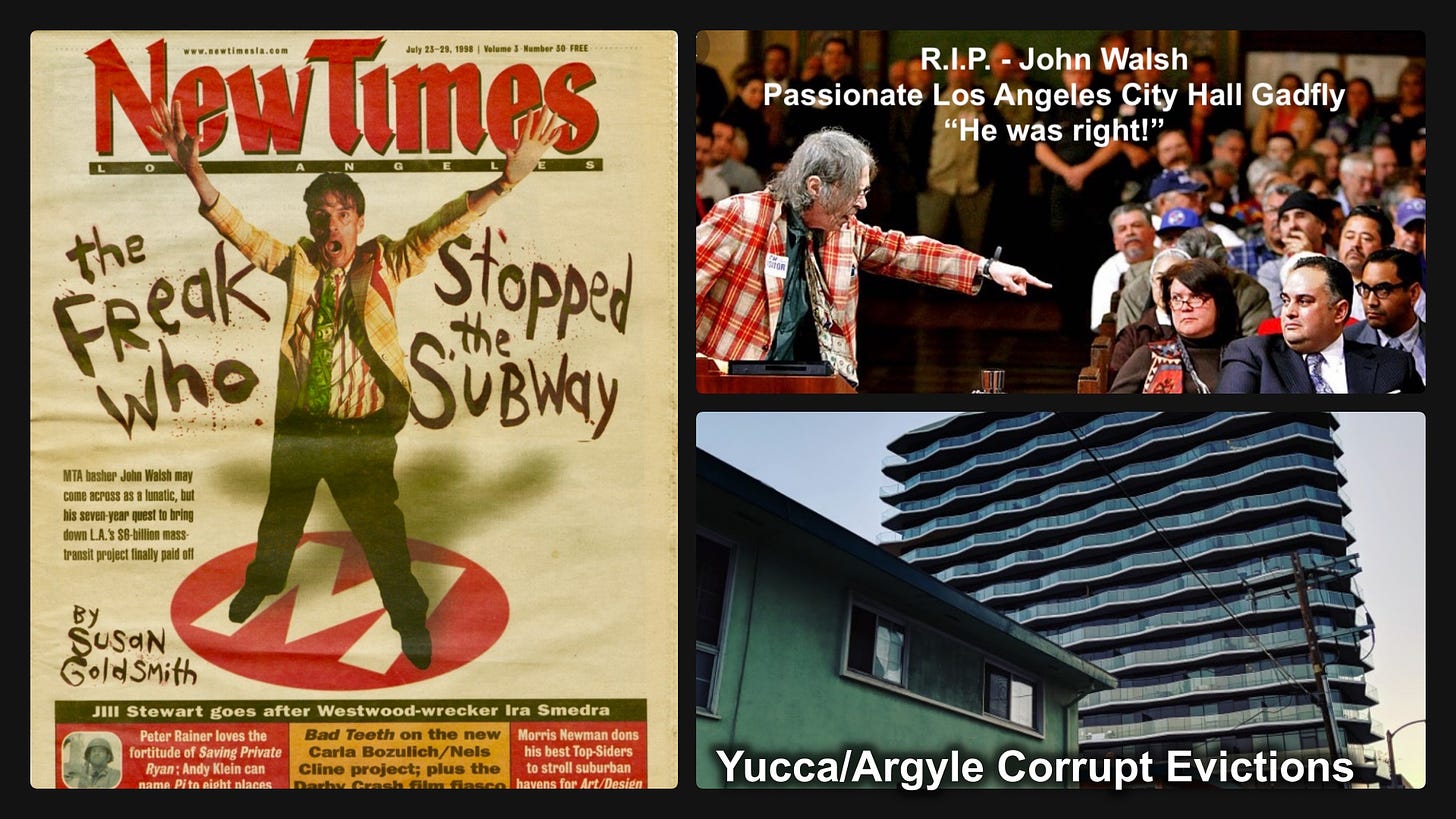
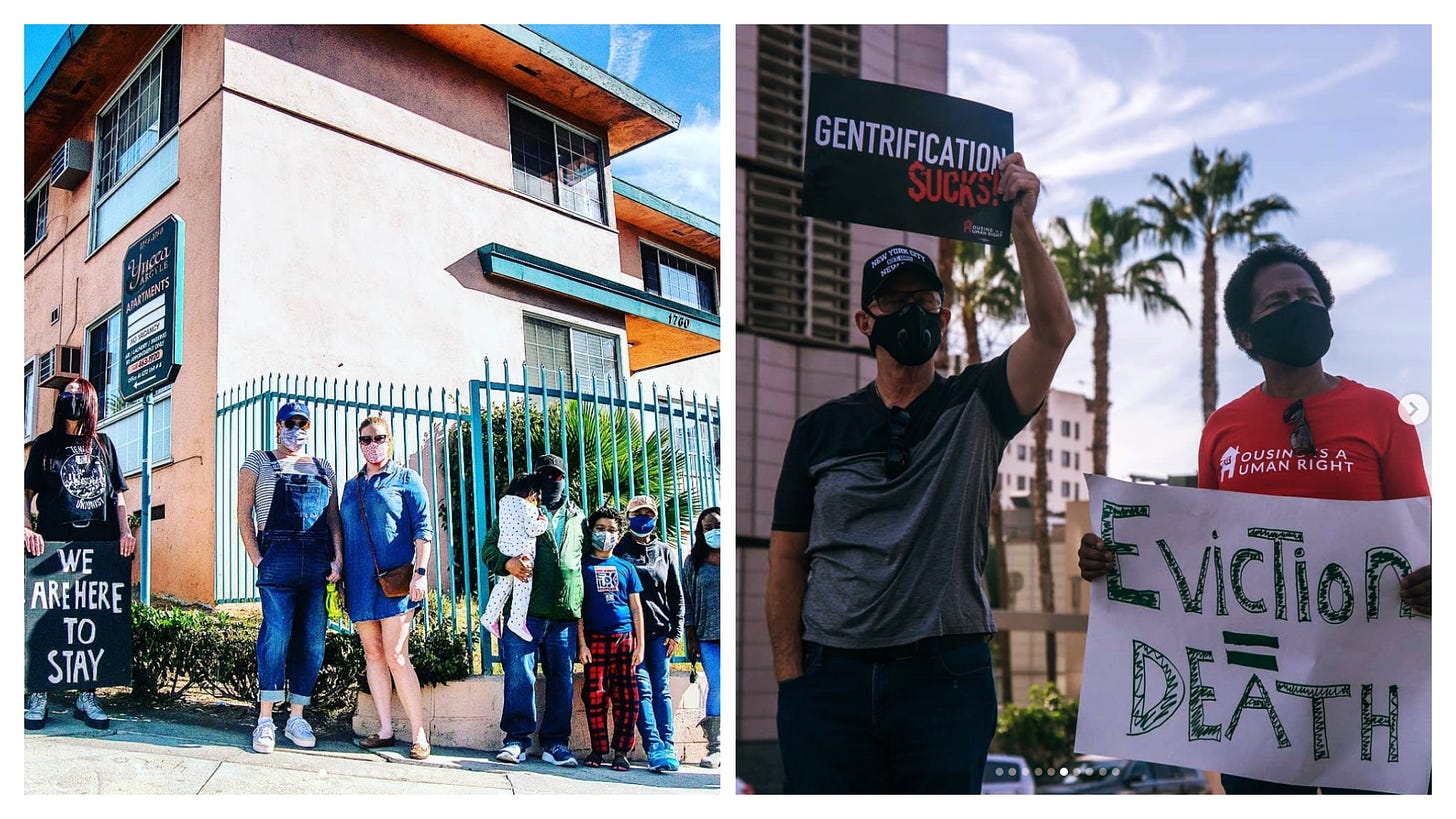
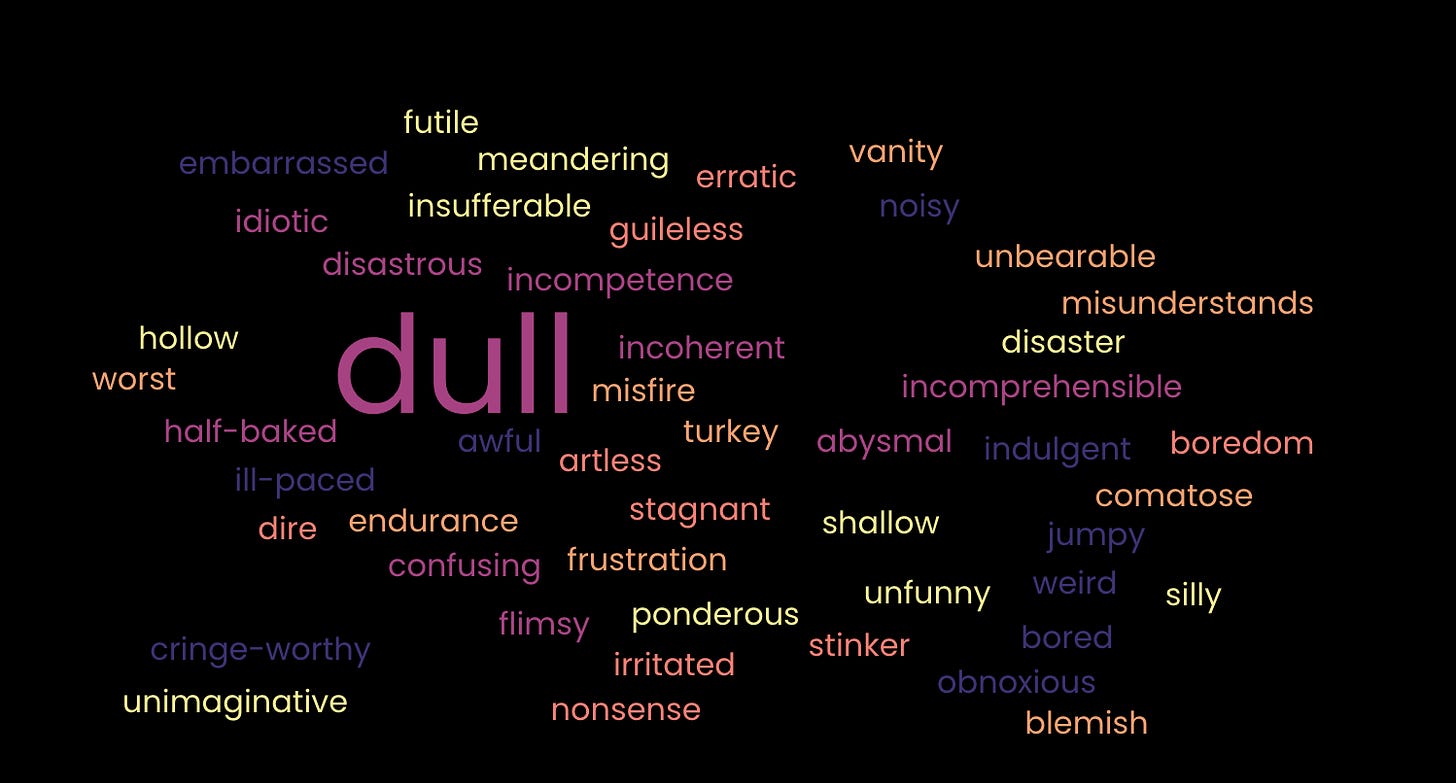





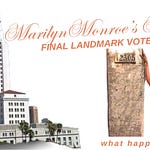

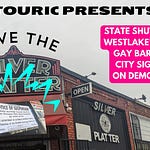



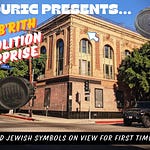

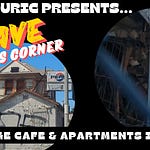

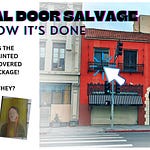
We'd like to apologize if we inspired Chris Pine's "Poolman"